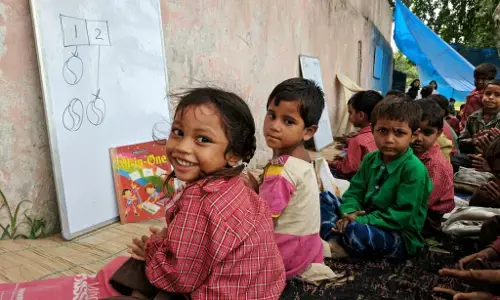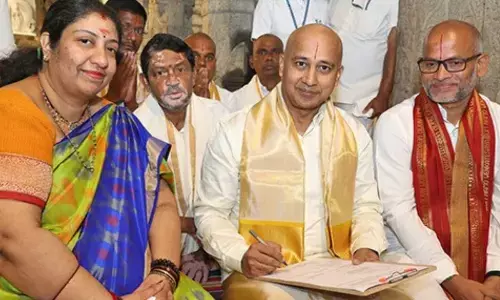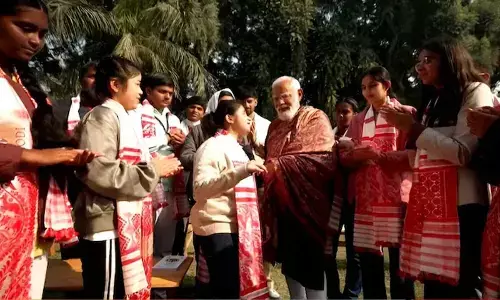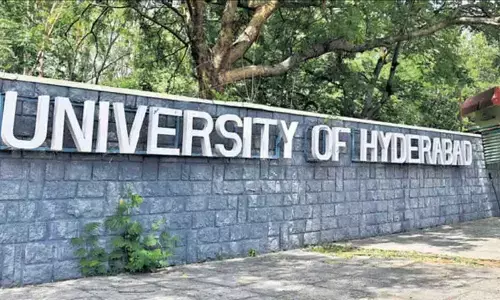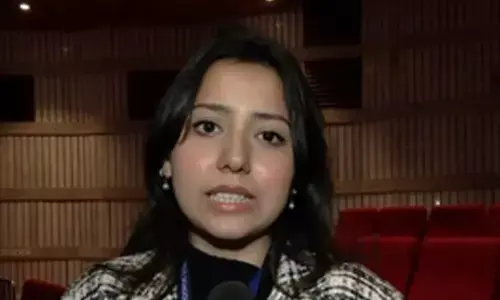PISA will help India move to competency-based learning
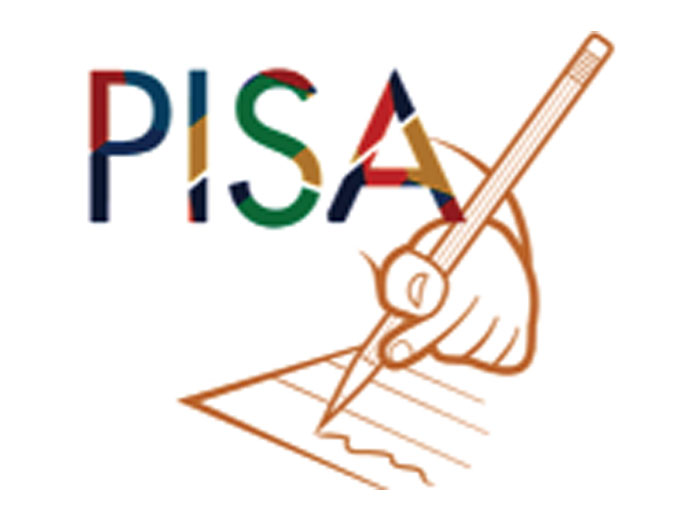
The rotebased learning dominant in Indian schools has to be replaced with a competencybased one and PISA will help India do just that, says the top OECD official who signed an agreement with the Indian government last month allowing its students entry into the Programme for International Student Assessment or PISA in 2021
New Delhi: The rote-based learning dominant in Indian schools has to be replaced with a competency-based one and PISA will help India do just that, says the top OECD official who signed an agreement with the Indian government last month allowing its students' entry into the Programme for International Student Assessment or PISA in 2021.
Andreas Schleicher, Director for Education and Skills at the Organisation for Economic Co-operation and Development (OECD), who was on a visit to India, told IANS that PISA will help India understand how methods of learning that can be realised in meaningful work in real life can be implemented in schools here.
"This shift towards competency-based learning is important, as the world no longer rewards people just for what they know - Google knows everything - but for what they can do with what they know.
"But it is easy to say, hard to deliver in classrooms, because it requires a very different way of learning and teaching. So PISA will help India understand how this is playing out in practice," the German-born statistician, who developed PISA in the Nineties said.
PISA is taken by 70-plus countries across the world and is responsible for shaping many a country's education policies. India's first stint with the triennial test was in 2009 which resulted in an abysmal performance. India was ranked just above Kyrgyzstan - the country at the bottom of the list of 73 countries.
The reason cited by the then Indian government behind its withdrawal from the test was the alien nature of the questions asked in it, which it argued were couched in a context not familiar to Indian students.
Schleicher says that PISA has come a long way since then and is more heedful to the cultural peculiarities of various countries.
"PISA has evolved considerably since 2009, with much greater attention being now paid to contextualising and adapting the assessment to the respective cultural context in which PISA is administered.
"This is not done just in India but in all countries... it is important that the original problem setting is properly understood by students in their cultural context," he said.
Schleicher said this "contextualising" of the test questions can be done with adapting names and places to Indian context or "changing the object of a task to one with a similar function that is more familiar to students".
"But we take great care and validate that this will not threaten the comparability of the results," he, however, stressed.
The test is conducted for 15-year-old students chosen at random from specific or across regions in a country. As for India, schools run by Kendriya Vidyalaya Sangathan (KVS), Navodaya Vidyalaya Samiti (NVS) and schools in the union territory of Chandigarh will participate in the test to be held three years from now.
-Vishal Narayan








